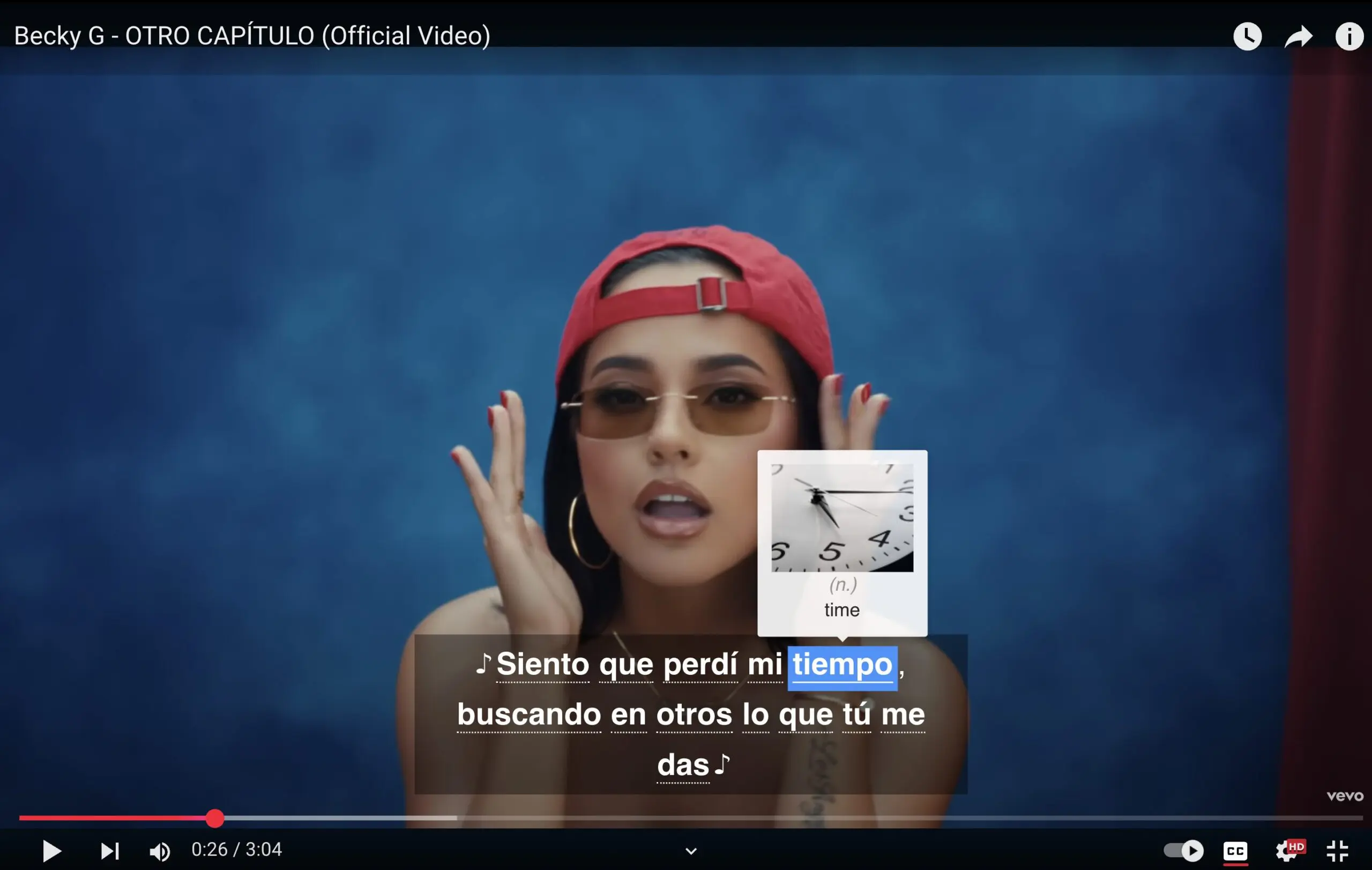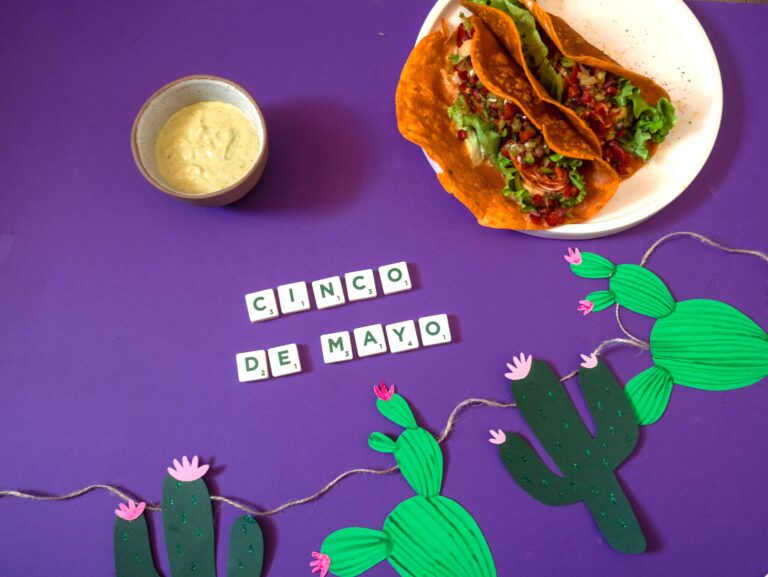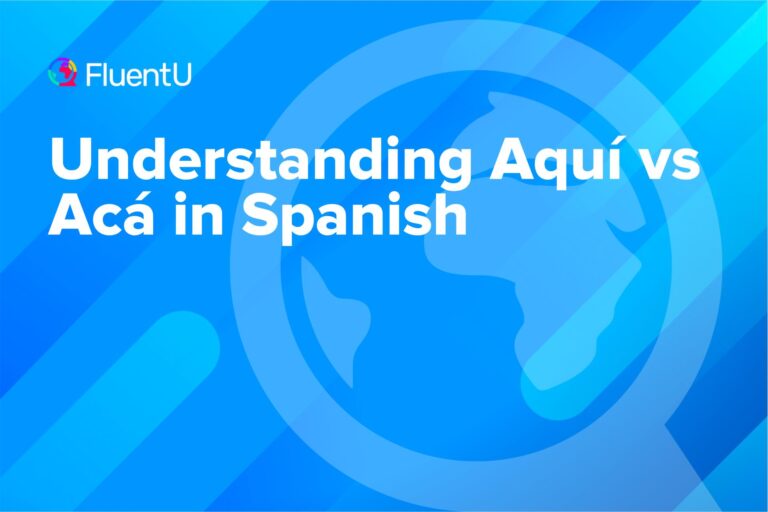The Complete Guide to Honduran Spanish (+ 11 Slang Terms)

Honduras is a beautiful Central American country that is often overlooked. It has a vibrant culture, tons of ancient history, beautiful tourist sites and a fun Spanish dialect.
In this guide, you’ll learn everything you need to know about Honduran Spanish—pronunciation, grammar, slang and more.
Download: This blog post is available as a convenient and portable PDF that you can take anywhere. Click here to get a copy. (Download)
An Brief Overview of Honduran Spanish
Spanish is the only official language of Honduras. This Central American country is home to more than 9.4 million people, the vast majority of whom speak Spanish as a native language.
Like other nearby nations, Honduran language and culture retain influences from the Mayan people who have long occupied the area. Indigenous languages—including Garifuna and Miskito—are also still spoken there.
Here are a few of the most important things you need to know about Honduran Spanish.
Pronunciation in Honduran Spanish
First, there are some notable differences in the way Hondurans pronounce things compared to other Spanish speakers. For example:
- Hondurans tend to pronounce the letter “s” as an “h.” For example, the word semana (week) would sound like hemana instead. You can watch this video on the Lifey channel to hear more about this.
- The letter “s” is aspirated in coastal areas. This is incredibly common in La Ceiba, for example. When a letter is aspirated, it’s pronounced with a “puff of air” at the end. You should be able to move a piece of paper with your breath when you finish pronouncing it. Other times, Hondurans simply drop the “s” altogether. For example, nos vemos (see you later) would be pronounced no’ vemo’.
- Consonants are softened. Many Hondurans “soften” consonants like “d.” For example, cansado (tired) might be pronounced as cansa’o, or verdad as verdah.
- R and L can be used interchangeably in regions. This happens in rural areas more than anywhere else. Here, you might hear some Hondurans use an r sound when the word normally uses an l, and vice versa. But this isn’t very common.
- Spanish in Honduras sounds more melodic. Some dialects are known for having a “sing-songy” type rhythm or intonation, such as the Venezuelan dialect. Honduras is another country where this is common.
The Use of Vos in Honduran Spanish
Voseo is the use of vos to mean “you.” It’s most common in Argentina, Paraguay and Uruguay where it’s used pretty much exclusively rather than tú. But in Honduras, vos doesn’t replace tú.
There’s a three-leveled system to politeness in Honduras where there’s normally only two levels in other countries: tú and usted. In Honduras, the tier is as follows:
1. Usted — very polite and used in formal situations
2. Tú — casual and used in non-formal situations, such as when talking to people your age
3. Vos — the most informal “you” that is used among people you have close relationships with
However, this also depends on the region. Tú is almost non-existent in some places of Honduras, and most Hondurans opt for vos over tú.
You can read more in-depth about how to use the voseo in this guide:
How to Use Voseo in Spanish (Examples Included) | FluentU Spanish Blog
Understanding voseo, the use of vos, is very important for Spanish learners. Tú isn’t the only informal “you” in Spanish—you’ll also hear vos used in many countries…
Influence of Indigenous Languages on Honduran Spanish
Like in many other Latin American countries, the Spanish in Honduras has been impacted by Indigenous languages, making it different from other dialects. Some of the most common Indigenous languages of Honduras still spoken today are Miskito, Garífuna, Tawahka, Tol and Pech.
Here are some ways Indigenous languages have influenced Honduran Spanish:
- Vocabulary. Some Spanish words in Honduras are different from other parts of Latin America because they are derived from an Indigenous language. For example, patojo means “kid,” but you’ll still be perfectly understood by saying niño. Most of these words are found in Honduran slang, which we’ll look at in a bit.
- Loanwords and the original names of items, foods and nature. There are many plants and natural phenomena native to Honduras that have not had their names changed to a “Spanish version.” So they have kept their Indigenous names. An example of this is xocomil, a word used to describe the strong wind that you feel at Lake Atitlán.
- Idiomatic expressions. Indigenous cultures play a huge role in Honduran culture as a whole. So many proverbs, sayings and idiomatic expressions originate from Indigenous wisdom and worldview concepts.
Grammar Differences in Honduran Spanish
Overall, grammar works the exact same in Honduran Spanish as any other dialect. But there are a few things that affect the way many native Hondurans speak grammatically. For example:
- The use of vos means new conjugations. Using vos instead of tú means you’ll have to conjugate verbs in the voseo. This is pretty easy and is something else you can learn in our guide here. But as an example, instead of saying tú hablas, you’d say vos hablás .
- They use diminutives a lot. Diminutives are sounds like -ito and -ita that come at the end of words to make them more casual or cute, such as casita instead of casa. In Honduras, these are used a lot more than in some other regions.
The easiest way to master these differences and become more accustomed to the Honduran dialect is by consuming a lot of native content and talking to real, native Honduran Spanish speakers. You can do this by downloading a language exchange app like HelloTalk, and using FluentU to watch authentic Spanish videos.
FluentU takes authentic videos—like music videos, movie trailers, news and inspiring talks—and turns them into personalized language learning lessons.
You can try FluentU for free for 2 weeks. Check out the website or download the iOS app or Android app.
Click here to take advantage of our current sale! (Expires at the end of this month.)

Common Words and Phrases in Honduran Spanish
The word for Honduran slang is caliche. It’s also the term used for slang in some other countries, like Guatemala and El Salvador.
1. Catracho /a
Catracho or catracha is synonymous with the term “Honduran.” The proper term for a Honduran person is Hondureño but locals prefer and use this term.
Remember, Spanish has both masculine and feminine forms so catracho refers to a male while catracha references a female.
For example:
Yo soy catracho. (I am Honduran.)
2. Eso es harina de otro costal
“That’s flour from another sack” is the literal translation—but no one’s talking about baked goods when they say this!
In local conversation, this phrase means “that’s another matter.”
Looking for a way out of answering a question or explaining a private situation? Just shrug and say “Eso es harina de otro costal.” It should do the trick!
3. Pisto
Pisto is a slang term that’s also used in a few other spots, like Guatemala and El Salvador, to casually reference dinero (money).
If you’re browsing some high-end shops, the price tags might exceed your travel budget. In that case, they’re talking pisto loco (crazy money) which means—you guessed it—a lot of money!
Here’s another fun fact about this word: In Mexico, pisto is a slang term that can refer to beer.
4. Alero /a
“Close friend” never sounded as pretty as it does when you use this Honduran word.
Calling someone your alero (or alera for women) is like saying they’re your BFF. It’s a term of endearment that indicates a cherished relationship.
Who knows? You may go solo to Honduras and get so cozy with the locals that you’ll find someone to call your own alero! After all, everyone needs a best friend.
If you do, you can shout it to the world like this: “¡Tengo un nuevo alero!” (“I have a new best friend!”)
5. ¡Vaya pues!
This short phrase literally translates to “Go, then!”
It’s not meant to chase anyone away, though, but rather used to indicate sincere agreement or to end conversations. It’s pretty much like saying, “Okay! Bye!”
In fact, it’s used so often in Honduran Spanish that there’s even a song titled “Vaya Pues.”
6. Chucho /a
The Honduran slang term for “dog” sounds so friendly, doesn’t it?
Sure, you’ll hear perro (dog) used in conversation too, but if someone refers to their chucho you’ll know they’ve got a fuzzy companion.
There are other countries that favor this word, too—Spain and some Central American countries also give their dogs this sweet moniker.
Be careful, though: In other Latin American countries, such as Chile, Peru, Bolivia, Colombia, Panama and Mexico, chucha is a slang term for the female lady bits, which is probably not what you want to call your dog. Context is everything!
7. Guaro
This word refers to a cheap alcoholic drink made from sugarcane. It’s somewhat comparable to white rum and may be consumed on its own or in various cocktails.
In Honduras and other Central American countries, guaro can also be used as slang for any cheap, strong liquor or alcoholic beverage.
8. Pulpería
A pulpería is a small store or shop that sells everyday items like food staples, canned goods, toiletries and other basic provisions.
Originally found only in rural areas, these convenience stores were a place where people could buy essential goods without traveling long distances to larger supermarkets.
Pulperías were often run by a local family and also served as a community gathering spot for locals to chat and socialize. In modern-day urban settings, a Honduran pulpería is something like a New York City bodega.
9. ¡Púchica!
This mild exclamation is the gentler version of a more explicit curse word. It can be used to express surprise, frustration or disappointment.
If a Honduran says, “¡Púchica!” it’s basically like saying “Damn!” or even “Oh, shoot!”
10. Cipote
A colloquial way to refer to a child (especially a boy), cipote is an affectionate Honduran term much like “kid” or “little one.”
A word of warning: In some regions, notably Spain, this term is a vulgar way to reference the male genital organ. Knowing your audience and being aware of context is (as always) vital!
11. Chineado /a
In Honduras, this term is often used to mean “pampered,” much as a cipote might be by his parents!
Again, note that in other areas this word can mean “screwed” or refer to someone who is infatuated or obsessed with someone else.
For more Honduran slang, I highly recommend checking out this video:
https://youtu.be/5llCLsp_hMY?si=C0i0jjMdIcmxhdSf
So if you have an opportunity to learn more Honduran Spanish or even visit Honduras—take it.
You wouldn’t want to be swept away like the sleeping shrimp!
Download: This blog post is available as a convenient and portable PDF that you can take anywhere. Click here to get a copy. (Download)
And One More Thing…
If you want to learn Spanish with authentic materials but need a little extra support, then you need to know about FluentU.
FluentU lets you consume the same content as native Spanish speakers, but with tools to make it easier to pick up the language while you watch. You’ll learn Spanish as it’s actually spoken by real people, unlike programs that use scripted content.
You can bring our learning tools directly to YouTube or Netflix with the FluentU Chrome Extension, or check out our curated video library full of clips that cover a wide range of topics, as you can see here:
FluentU brings native videos within reach with interactive subtitles. You can tap on any word to instantly see its meaning, an image, and its audio pronunciation. Click on the word for additional examples and to add it to your flaschards.
To reinforce what you've learned, you'll complete engaging exercises and see more examples of the key words from the video. FluentU keeps track of the vocab you’re learning, and gives you extra practice with difficult words.
Start using the FluentU website on your computer or tablet or, better yet, download the FluentU app from the iTunes or Google Play store. Click here to take advantage of our current sale! (Expires at the end of this month.)











